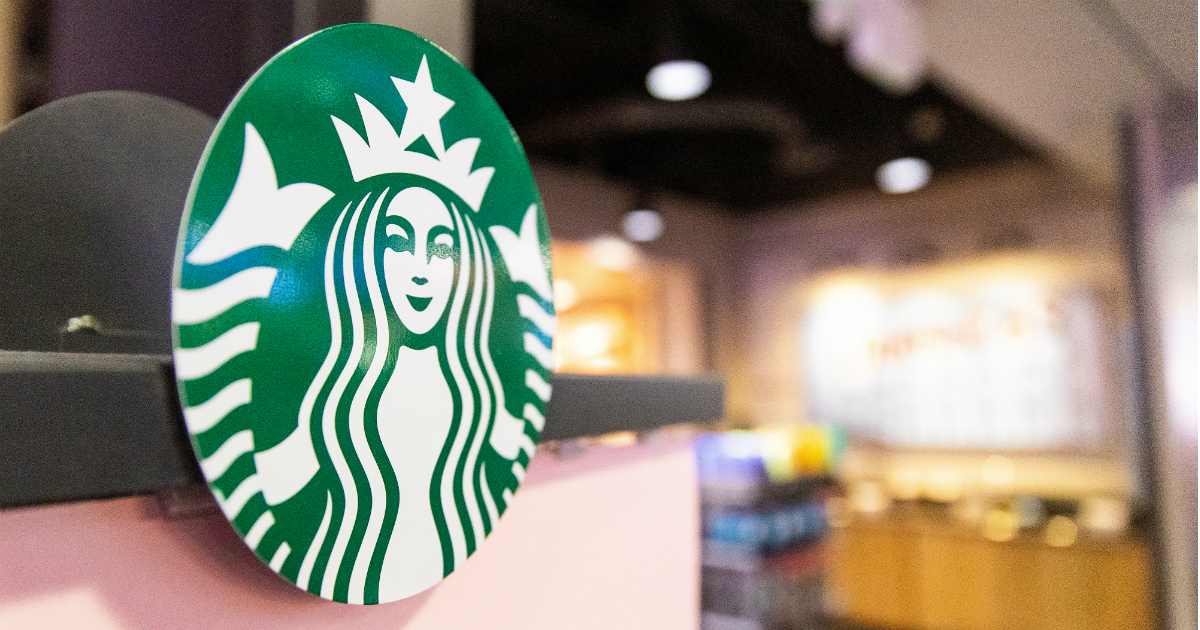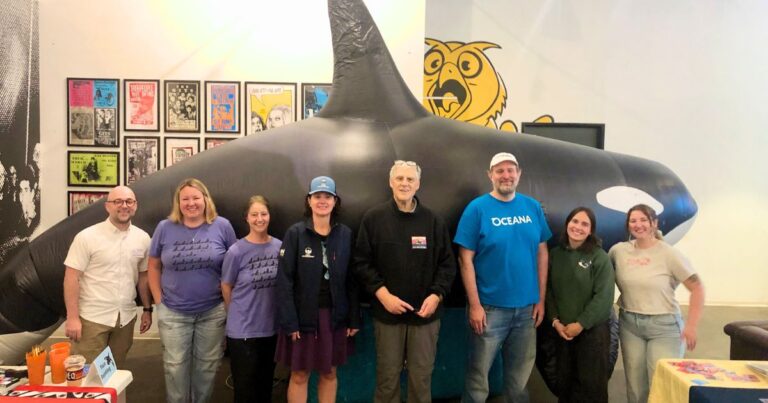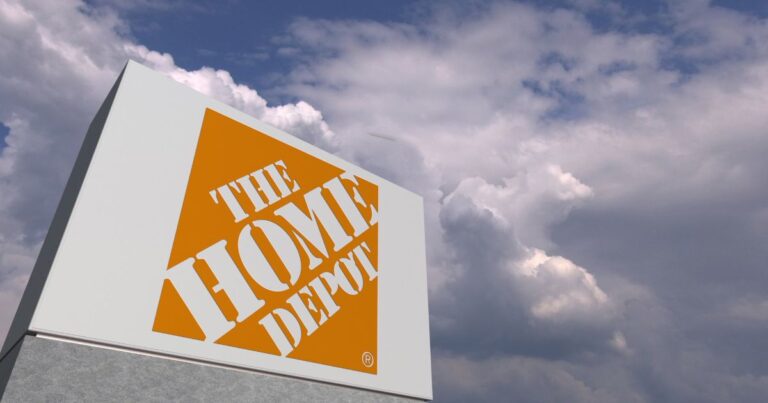In Washington state, innovation, disruption and hyper-competition thrive. But when it comes to being at the leading edge in making and selling the safest stuff for our health and the planet, Washington-based retailers are mediocre at best and failing at worst.
Amazon, Costco, Nordstrom, and Starbucks are lagging behind Apple, Walmart, Ikea and Target, retailers that are taking the lead in eliminating harmful chemicals in the products we use every day.
According to the fourth annual Who’s Minding the Store? A Report Card on Retailer Actions to Eliminate Toxic Chemicals the retailers receiving the highest grades include: Apple (A+); Target (A); Walmart (A); and, IKEA (A-). In comparison, the Washington-based retailers received the following grades: Amazon (C+); Costco (C-); Nordstrom (F); Starbucks (F); and, Whole Foods (B+).
These grades are inexcusable at a time when moving away from our fossil fuel economy of plastics, dangerous chemicals like PFAS and pollution is urgent. Creating a sustainable future requires all companies to put the health of people and our planet before profits. This means adopting and rapidly implementing comprehensive corporate policies and practices that restrict dangerous chemicals; setting deadlines for achieving reductions and elimination; ensuring substitutes are safe; and being transparent about programs and progress.
On the positive side, Whole Foods Market (owned by Amazon) is leading the pack of Washington-based retailers with a B+. Whole Foods Market was the first North American grocery chain to publicly commit to remove PFAS from some food packaging, including take-out containers and deli/bakery paper. In 2019, the company also prohibited a sunscreen ingredient that may harm coral reefs in body care products and the company banned 15 PFAS ingredients in all body care products it sells. The company also reported its register tapes were free of BPA and other phenolic chemicals as of August 2019.
While some Washington companies have certainly made progress, that progress is too limited and too slow. For example:
- Amazon (C+): Amazon raised its grade from a C in 2018 by banning the sale of toxic paint removers (methylene chloride and NMP) and expanding its safer chemicals policy to cover certain Amazon-owned private-brand products sold in the E.U. However, the company has been slow to address some of the most widely sold, chemical-intensive products such as electronics and apparel. In addition, a Wall Street Journal investigation earlier this year revealed Amazon’s sale of dangerous products such as lead in school supplies.
- Costco (C-): In 2018 there was strong promise that Costco might leapfrog ahead of the rest of the retailers, but their grade slid backwards to a C- in 2019 due to lack of progress. The company hasn’t publicly reported progress on its efforts to phase out toxic chemicals in apparel, footwear and textiles, nor has it recently reported any actions in the U.S. to phase out harmful chemicals.
- Starbucks (F): Starbucks is still failing to adopt a public chemical policy for food packaging and food-contact materials. While the company has committed to recycling and composting, it needs to ensure materials being used are free of toxic contaminants such as PFAS or BPA that can get into the food, compost or recycling systems. In contrast, Panera Bread has made progress in beginning to tackle PFAS in food-contact materials.
- Nordstrom (F): Nordstrom still does not have a public written safer chemicals policy despite the fact that around 20 to 25 percent of globally produced chemical compounds are utilized in the textile-finishing industry. The company received some credit for adopting the American Apparel and Footwear Association (AAFA) restricted substance list (RSL) and for having 50 brands of sustainable products, but the bottom line is that it is unclear what the company is doing to reduce harmful chemicals in the products Nordstrom sells.
While some progress has been made, we expect more from Washington-based companies. Help hold these companies accountable by taking action.
The Mind the Store campaign is driving private-sector progress by publicly benchmarking companies, raising the voices of thousands of consumers, publishing new scientific research, and engaging companies in dialogue and sharing policy recommendations.
Together we can hold big corporations accountable to ensure the stores we shop at, especially those based here in Washington, make and sell the safest products possible.




